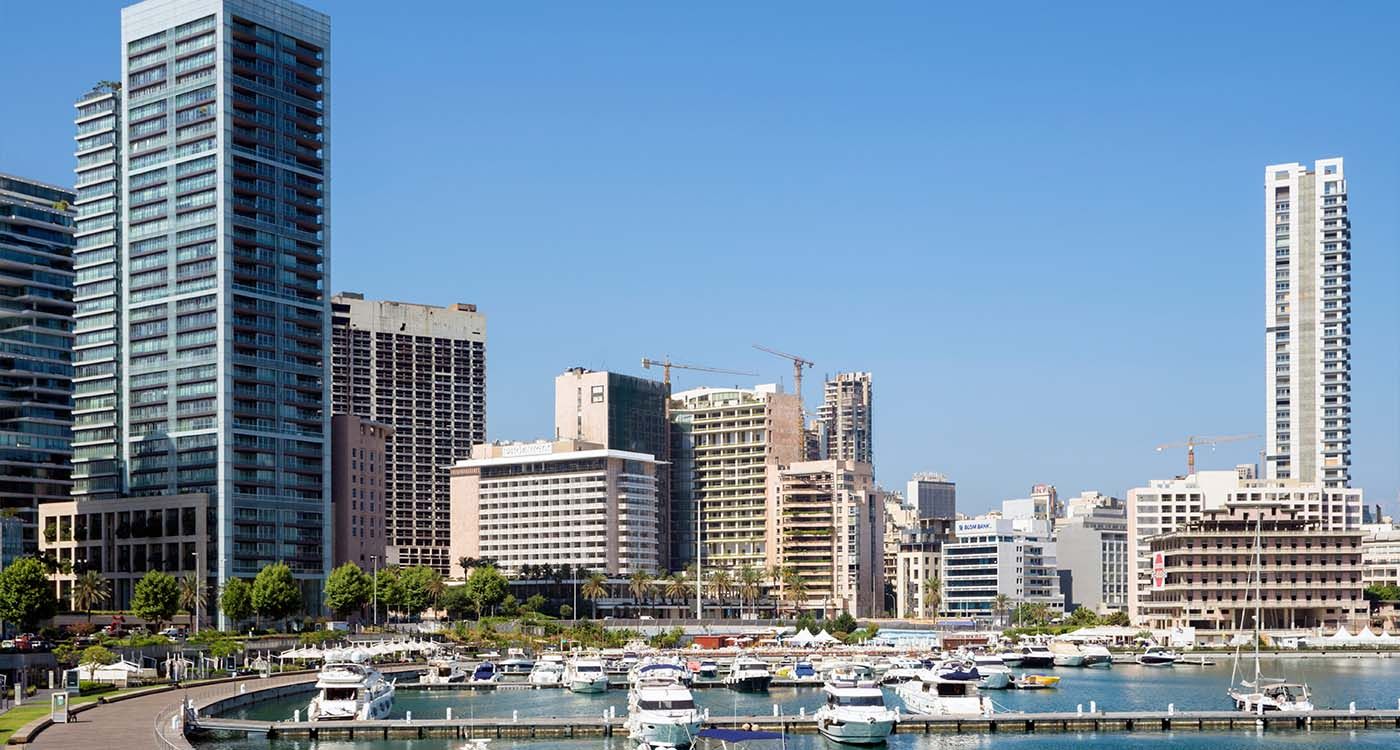
Planes are packed, roads are jammed and parking lots at beaches and restaurants are overflowing. Yet hotels and guesthouses remain far from full.
At first glance, everything points to a booming summer season: the diaspora is back in large numbers, the airport is stretched to its limits with nearly 100 flights a day, and the highways resemble a Lebanese remake of the Paris ring road.
But behind the scenes, the tourism picture tells a different story. Hotels are struggling, occupancy rates are flat, and real tourists – the kind who snap photos of the cedars, not just Grandma’s lunch table – are few and far between.
A Reality Check in Numbers
Pierre Achkar, the President of the Federation of Tourist Unions and the Hoteliers’ Union, puts it plainly: Beirut’s hotels are barely hitting 50% occupancy, while mountain resorts average around 40%. That’s well below the 70% recorded in 2023 and even further from the 85–95% enjoyed in the golden years.
Even guesthouses, once the trendy alternative, are feeling the strain. According to Ramzi Salman, the President of the Guesthouse Syndicate, occupancy dropped by 22% between July 1 and 14 compared to the same period in 2023 and 2024. While not catastrophic, he says, the season has clearly underperformed.
Expats, Not Tourists
So why the paradox? Because most arrivals aren’t tourists. They’re Lebanese expatriates, many of whom already have a home, an apartment or a childhood bedroom waiting for them. Some fly in just for a wedding or a quick family visit.
No wonder the hotel sheets and bathrobes are still neatly folded.
Have Lebanon’s Traditional Hotels Lost Their Spark?
Achkar says it plainly: the glory days of grand hotels are behind us. Today’s travelers want intimacy and charm – think boutique hotels, cozy guesthouses or Relais & Châteaux-style stays.
At the same time, Airbnb has taken over, with around 10,000 rooms now available across Lebanon, according to Achkar. The platform operates untaxed, unregulated and outside any legal framework.
Industry professionals call it “wild competition” and are pushing for urgent regulation. Achkar isn’t calling for Airbnb to be banned, but insists it must be brought under control, through a legal structure shaped in collaboration with the tourism sector.
“This is unfair competition,” he warns, “and it’s putting the country’s traditional hospitality industry at risk.”
Instability and High Costs Are Driving Guests Away
On top of that, Lebanon’s security situation remains fragile. Regional tensions and recent attacks on Lebanese territory have triggered waves of cancellations, both in hotels and on flights.
Then there’s the skyrocketing cost of airfare, which has discouraged many potential visitors from making the trip.
Achkar reminds us that to remain viable, hotels need an average occupancy rate of 30 to 50% year-round, a number that remains out of reach this season.
The Diaspora Returns, But Sleeps at Home
In short, Lebanon is once again welcoming its prodigal sons and daughters. But most aren’t tourists; they are expats staying in family homes, visiting relatives, attending weddings or making quick stopovers. They come for the people, not the hotels.
Is it the prices? The unchecked competition? Probably a bit of both.
For now, the hospitality sector can only hope that the next wave doesn’t just fill planes and roads, but hotel rooms too.

Comments